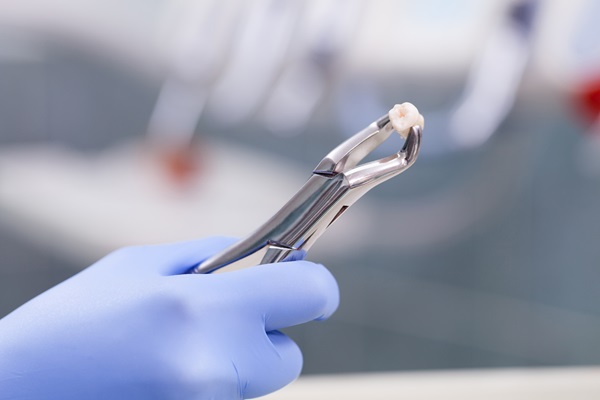How Can Tmj Be Treated?

Looking for information on TMJ treatments? Good idea. Those who are diagnosed with this fairly common disorder are often in need of treatment in order to minimize or potentially eliminate any discomfort or pain they have due to this disorder. This makes finding a TMJ specialist the next step.
How a TMJ specialist treats this common disorder
Wondering what kind of treatments a TMJ specialist uses to treat their patients? Before someone can undergo treatment for their TMJ-related problems, they will first need a proper diagnosis. Potential TMJ patients will need to be thoroughly examined by a professional, who will perform one or more of the following actions: feeling the jaw, observing the jaw's range of motion, taking X-rays, doing an arthroscopy process and doing a CT scan or an MRI.
TMJ treatment options
Once someone is diagnosed with TMJ, they will need to understand which of the many treatment options will work for them. The list below includes common TMJ treatments being used today.
Taking medication
Many people who are diagnosed with TMJ can manage any discomfort or pain by taking over-the-counter pain relievers and/or anti-inflammatory drugs. Those who need more help than this may be prescribed tricyclic anti-depressants or muscle relaxants. According to Practical Pain Management, the medications that one should take to help control jaw pain and other symptoms depend on the severity of the symptoms.
Undergoing nondrug therapy
Nondrug therapies are also available, with common options including wearing a mouthguard. Mouthguards help prevent someone from grinding or clenching their teeth, giving them the pain relief they seek. Another nondrug therapy option includes physical therapy, which requires patients to perform certain stretching and strengthening exercises and/or use hot and cold therapy. A third option includes counseling, which helps patients understand more about how to deal with their particular TMJ problem.
Injections and surgical procedures
When the above two treatment options are not sufficient in treating the discomfort or pain associated with TMJ, patients may benefit from in-depth treatment options. The first is Botox® injections, which are used to help relieve chewing pain. A second option is undergoing a minimally invasive procedure known as arthrocentesis, a third option is arthroscopic surgery and a fourth option is open joint surgery.
Ready to learn more?
Suffering from TMJ-related problems can make it difficult for one to go about their day without experiencing some type of discomfort or pain. In order for someone to understand whether the treatment options will work for them, they need to make an appointment with a TMJ specialist for personalized treatment information.
Are you considering undergoing TMJ treatment in the Brighton area? Get more information at https://brighton.drjstearns.com.
Check out what others are saying about our services on Yelp: TMJ in Brighton, CO.
Recent Posts
You might have heard the term “wisdom tooth extraction” often. However, you might not know that every type of extraction does not require surgery. Some kinds only require a simple procedure. Keep reading to find out more about what a wisdom tooth extraction from an oral surgeon involves.In many cases, the wisdom teeth can be…
Corrective jaw surgery (also called orthognathic surgery) is performed by an oral surgeon to correct different forms of skeletal and dental issues, including jaw and teeth misalignment. The aim is to improve oral functions such as breathing, speaking, and eating. Although the surgery may improve the appearance of the patient's teeth significantly, corrective jaw surgery…
If you are experiencing symptoms like jaw pain and stiffness, TMJ disorder might be the problem. This disorder can have a significant impact on your physical and mental health. The condition generally worsens without treatment. A TMJ specialist is a trained and experienced professional who offers treatment for TMJ disorders. Continue reading to find out…
Bone grafting is a minor surgical treatment done under local anesthetic to replace depleted bone tissue. The grafting material may be inserted into a tooth socket just after a tooth is removed or at a location where a tooth has been absent for an extended period. Over the next few months, your body will produce…


